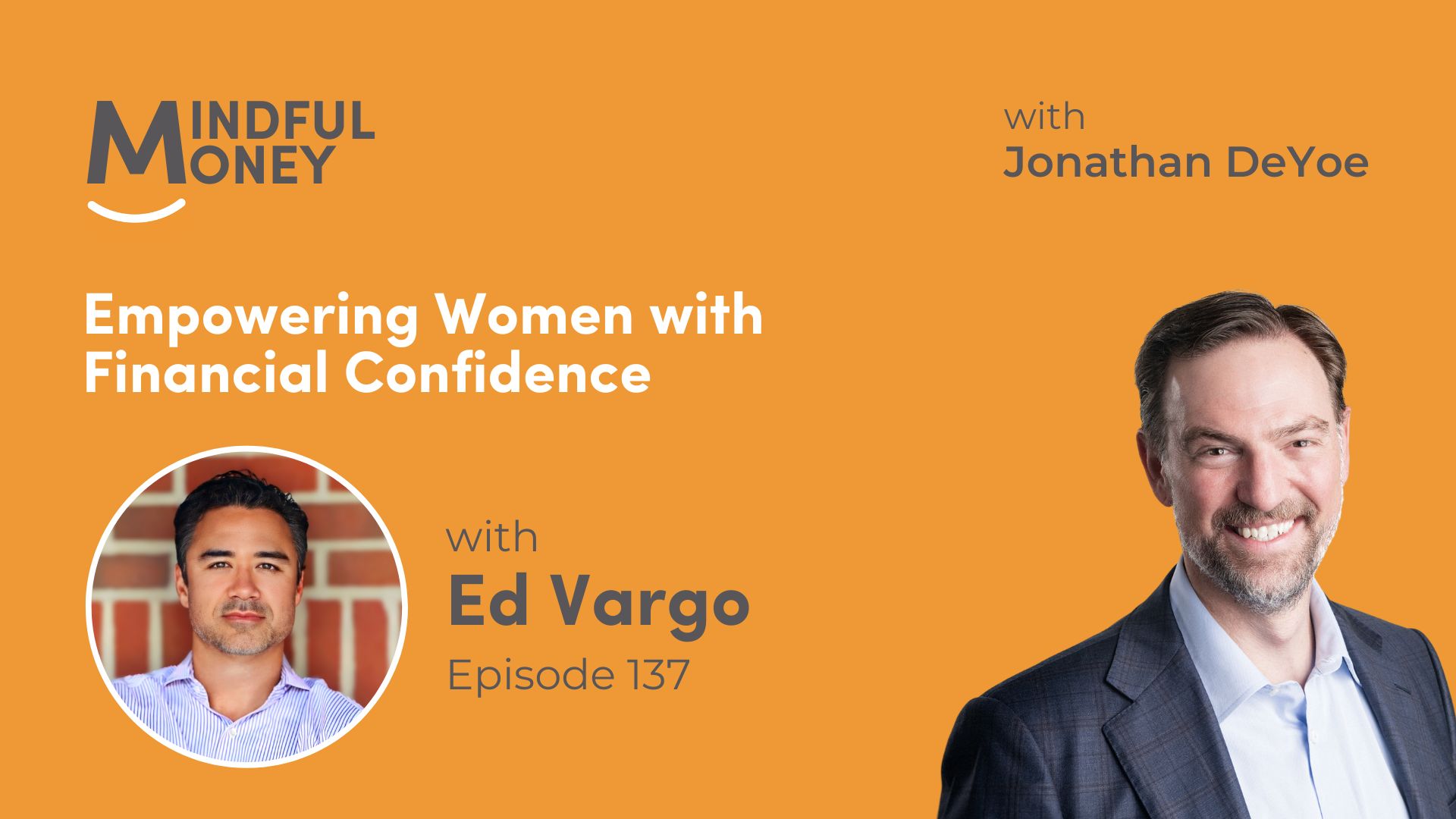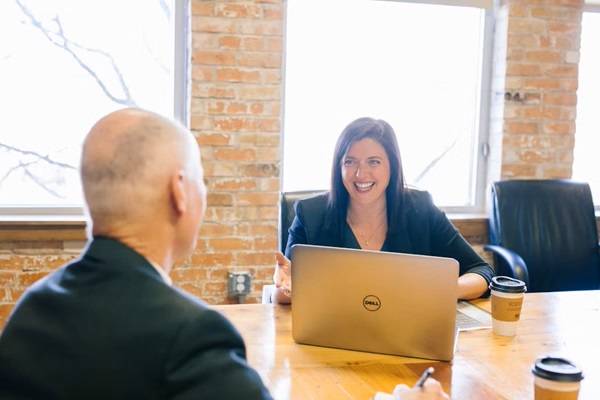{{upcoming-events}}
In Part 3 of my series, we unravel the secrets to amassing wealth in the face of global economic tremors. With a deep dive into the remarkable resilience of profit-driven corporations, like the hotel giant Marriott International, I show how they were able to navigate through storms like the COVID-19 pandemic with strategic finesse and emerge even stronger.
I discuss the art of placing money where it belongs, and how to extract the utmost value from life. I also share stories that exemplify the power of informed financial decisions and the profound impact of possessing an ‘adult memory’ of financial history. This episode isn’t just for seasoned investors; it’s a wake up call to artists, authors, entrepreneurs, and advisors alike who desire financial serenity and aspire to enrich their lives beyond measure.
This episode gives you the investing strategies necessary for profitability and financial security in today’s world of burgeoning government debt. My heartfelt appreciation goes out to every listener joining us on this journey. Your time is precious, and I’m honored to share these nuggets of wisdom that could very well be the compass guiding you to your financial North Star.
So tune in to Mindful Money, and let’s discover how to preserve and flourish our wealth, even amidst global crises.
📺 Watch on YouTube
[insert link]
Key Takeaways
(00:56) – The Characteristics of Profit-Seeking Businesses
(07:11) – Profitability in Business Locations
(13:06) – The Power of Benefit and Uniqueness
Tweetable Quotes
“Rational, profit-seeking businesses will choose to protect their capital, regardless of what that does to a community or a geography. They cannot be forced to do otherwise.”
“The moment the mistake or the surprise are realized, the activities of the executives and the board of directors will be 100% focused on reducing the losses and returning to profitability. This is their job.”
“Capital invested in businesses will remain invested in those businesses so long as it is loved and allowed to prosper. When it is no longer loved, it will leave and prosper elsewhere.”
Mindful Money Resources
{{mindful-money-links}}
{{snippet-1}}
Transcript
Jonathan DeYoe
Host
Invested capital has choices. Invested capital has always had choices and invested capital will always have choices. As investors, we are part of the invested capital. Rational, profit-seeking businesses will choose to protect their capital, regardless of what that does to a community or a geography. They cannot be forced to do otherwise.
VO
Host
Do you think money takes up more life space than it should? On this show, we discuss with and share stories from artists, authors, entrepreneurs and advisors about how they mindfully minimize the time and energy spent thinking about money. Join your host, jonathan DiO, and learn how to put money in its place and get more out of life.
Jonathan DeYoe
Host
Hey, welcome back to Mindful Money. Today we're continuing our love affair with the great companies of the US and the world. Just a little bit of history. Three weeks ago we determined two things First, wealth created Wealth is created by owning great businesses. And second, that the reasons most people decide to not own the great businesses, or the reason they own less of the great businesses, can be summarized as the gathering darkness. Two weeks ago we talked about how the words we choose to describe the ownership of great businesses can affect how committed we are to owning them. Last week we discussed how important it is for investors to have an adult memory and actively cultivate their knowledge of history, sort of to see the progress always occurring behind the darkness. And today I wanted to talk about one of the unique characteristics of rational, profit-seeking businesses, and that is their absolute refusal to lose money for any longer than it's absolutely necessary. In fact, the one thing that great businesses everywhere have in common is that they will not spend more money than they take in. You can read that as lose money for long.
For comparison's sake, what does a democratically elected government in a Western Canadian economy do in an economic decline? They spend more than they take in. They spend money they don't have. They borrow and spend, which leads to a piling of debt currently in the US it's $33 trillion in growing and or they print and spend, which is currently creates inflation and that's currently running ahead of the long run trend of 3%. A democratically elected government has every incentive to spend, little incentive to limit spending and no incentive to pay down debt, especially when that government also enjoys a position as the world's reserve currency. This is a completely different posture than that assumed by rational profit-seeking businesses.
A rational profit-seeking business, the like of which we own in our broadly diversified domestic and global equity indices, may make a bad decision that leads to a reduction in profits, or they may get surprised by something in the macroeconomy a pandemic, for example that leads to a reduction in profits. But any reduction in profits will be short-lived. The moment the mistake or the surprise are realized, the activities of the executives and the board of directors will be 100% focused on reducing the losses and returning to profitability. This is their job. There is no force on earth that can cause a rational profit-seeking business to lose money any longer than they absolutely have to. So to sort of prove the point, I want to look at a few examples of this in practice.
So first, marriott. Marriott is the world's largest wholesale manager by number of rooms. In December of 2019, before we had any inkling of COVID-19, a share of Marriott International traded in the $150 price range. In response to the global pandemic, marriott was forced to close all their doors. Three months and a few days later, in April of 2020, the very same share of stock sold for less than $60. Marriott had lost over 60% of its market value. Then, in August of 2020, marriott's business was still down over 65% year over year and they were projecting that a full recovery wouldn't arrive for at least two more years. So to accelerate that recovery, they protected their very strong cash position by halting their dividend and furloughing 80% of their global workforce. They were shepherding their cash for both recovery and growth.
During the pandemic, marriott went to work. In the fall of 2020, they opened a new hotel in Puerto Rico. Marriott Homes and Villas, which is sort of a home sharing platform, was created to compete with Airbnb. Unique properties and experiences were added to their portfolio. To take advantage of the growing ecotourism niche, they started exploring Albania and Madagascar as potential additions to their hotels in 131 other countries. By March of 2021, the stock had fully recovered to the $150 range. Even though the business had not yet fully recovered, the dividend was restarted in May of 2022. In August of 2023, the stock market had crested the $200 mark and the dividend had surpassed the previous highs set in late 2019. So that's a four year turn from high to collapse, to new high dividend in what has to be the worst thing Marriott has ever faced.
Marriott International, faced with the unknown risk of a global pandemic, was an excellent steward of their should we date as our capital. They protected it when it was at risk and they invested it for future growth. So second example retail in San Francisco. The list of retail store closures in San Francisco continues to grow Nordstrom, abercrombie and Fitch, athleta, whole Foods, banana Republic, target, cvs, starbucks, multiple Starbucks, cb2, cinemark Express, anthropology, container Store, office, depot, william, sonoma, walgreens and others.
The narrative engines are quick to offer a lot of different explanations and blame for this. The US Census suggests that when 60,000 residents move out of a city, that's going to reduce potential customers for these businesses. Many discuss San Francisco's overly progressive policies. They're not necessarily good for businesses. Housing costs in San Francisco are over 200% of the national average. The city's unhoused population has absolutely soared and along with that, property crimes and retail thefts have increased at the same time. And then foreign travel to San Francisco isn't expected to recover until the middle of next year, 2025. So I'm happy to allow that.
The reality is probably some combination of all of the above, and probably yet other things that haven't been named. More importantly, the reasons for the troubles faced by San Francisco and other West Coast businesses are not important for our purposes today. Our point, the only point we're making today, is a simple one Irrational profit seeking business will refuse to lose money. If they're losing money, unable to control their environment sufficiently to return to making money, they will close their doors before they will continue to lose money. A business that cannot make money will fail. A business that cannot make money in a particular location will close that location. If a failing location is not closed, it will eventually spill over to other locations. It loses money. It loses money. It loses money and has to draw resources from other locations. Businesses close when management doesn't see the potential for profitability for whatever the reason. That it's happening to such a degree in a particular location while other locations thrive suggests that the issue is particular to that location. If any location, any geography wants to attract business, it's up to that geography to become attractive.
I've said this many times, but capital doesn't marry. Capital only dates. Capital invested in businesses will remain invested in those businesses so long as it is loved and allowed to prosper. When it is no longer loved, it will leave and prosper elsewhere. It will date another geography, another downtown, another city, another state, another country. Right or wrong, businesses choose where they will operate. In much the same way individuals choose where to live. It's often a lot more complex and expensive for a business to enter or leave a geography due to regulations and then leases and overhead and these kinds of things. Many people depend on it. Then it is for, like individuals, to move residences. But necessity is always the mother of invention. They find a way. Invested capital has choices. Invested capital has always had choices and invested capital will always have choices. As investors, we are part of the invested capital. Rational, profit-seeking businesses will choose to protect their capital, regardless of what that does to a community or a geography. They cannot be forced to do otherwise. So that's retail in San Francisco.
What about something that's current, that's in the news today? State Farm, among other California insurers, are in the news recently. So I recently read an article I think it was the Atlantic that took insurance companies to task for writing policies to support businesses, potentially enhancing climate change, while refusing to write policies to protect homeowners. The writer didn't understand either the regulations that govern insurance pricing for new policies or our thesis that rational profit-seeking businesses will always refuse to lose money. Insurance companies have a choice between not doing business in California or doing business in California and losing money. State Farm is not alone in this choice. Many of the top homeowners insurance companies in California have stopped offering homeowners insurance. About three years ago, kate, my wife and I were dropped by our insurance carrier because we live in a fire zone in North Berkeley. This made sense to me. When I went to get insurance again, I was denied by seven different carriers, all for the same reason. In May of 2023, state Farm stopped writing new homeowners policies because of and I'll quote here the historic increases in construction costs, outpacing inflation, rapidly growing catastrophe exposure and a challenging reinsurance market.
State Farm, as a residential insurer, is tasked with understanding and pricing risk to the homes that they insure. Their revenues come in the form of insurance premiums paid by their customers. They've got costs like any business office buildings and salaries and technology and paperclips, et cetera. Unlike other businesses, they have costs in the form of potential insurance claims. In that May 2023 statement, state Farm expressed uncertainty with respect to all three risk factors they face specifically as an insurance company. They weren't sure about the cost per claim, they weren't sure about the number of claims and they weren't sure about their own ability to manage that risk through reinsurance of their large volume future claims.
The state of California tightly restricts the information that insurers can use to determine the premiums they charge homeowners. As the insurance risks of global warming, fires, floods, landslides, windstorms, et cetera increase, regulators are pushing back on the insurance company's desire to adjust premiums to reflect the actual increased risk. If an insurance company cannot adjust premiums today, or if they sort of anticipate that they will not be able to adjust premiums tomorrow, they will stop offering insurance because rational-providing businesses refuse to lose money as the very real risk of global warming increases. It will be homeowners themselves that rightly bear the brunt of that risk. If they want to share the risk with an insurance company, they can expect the cost of sharing the risk to increase alongside that with the premiums of insurance. It can be no other way. Any insurance company that accepts the higher risk without increasing their premiums will eventually go bankrupt when the wildfire does happen, and all of their insurance homeowners will lose.
Rational-profit-seeking businesses have a choice. They cannot be forced to lose money. They will choose instead to not participate as shareholders. This is to our benefit. Now I know that some of you are saying, jonathan, aren't you cherry-picking here a little bit? And let me assure you, though, while all these make for good stories, they are not in any way unique. Each of them is an example of a rational-profit-seeking business at work.
One of the reasons I love owning shares in the great companies of the US and the world is because I understand that a rational-profit-seeking business will, when faced with losing money, refuse as quickly as it possibly can. They can and will always make a different choice. One of the reasons I believe this is because I owned and ran a business for over 20 years in Berkeley, california, and I have multiple friends who have also owned and run small businesses for the last 20, 30 years. I have seen it in practice on a small scale and it makes sense. I am not white-knuckling equity ownership through market volatility. I love owning equities because I understand how everyone at a company is working to protect and grow my capital alongside all of my fellow shareholders' capital, and there's a lot of us approaching like 70% of US families the minute an employee is not doing their part to protect and grow a shareholders' capital a manager steps in to educate, correct or make a difficult change.
The minute a manager fails to protect and grow a shareholders' capital, an executive will step in, educate, correct or make a difficult change. If any executive all the way up to the chief executive officer tasked with making the difficult changes fails to do so, the board of directors will replace that executive with someone else who will protect and grow the shareholders' capital. If the board ever betrays their role in protecting and growing shareholders' capital, the shareholders themselves will replace the board. We are shareholders. That is the story for today. The third reason for my confidence in and commitment to owning shares in the great companies of the US and the world is because they are set up entirely to protect and grow my invested capital and your invested capital. One element of this feature is their refusal to lose money, but that's only a small part of the story. Next week, I'm going to deepen the idea of the inconceivable progress that's always being made at the great companies of the US and the world and how important that is to our long-term returns as investors. Thanks for being along for this conversation.
VO
Host
Thanks for listening. Full show notes for each episode, which includes a summary, key takeaways, quotes and any resources mentioned are available at Mindfulmoney. Be sure to follow and subscribe wherever you listen to your favorite podcasts and if you're enjoying the content and getting value from these episodes, please leave us a rating and review at RaidThisPodcastcom forward slash mindful money. We'll be sure to read those out on future episodes.





